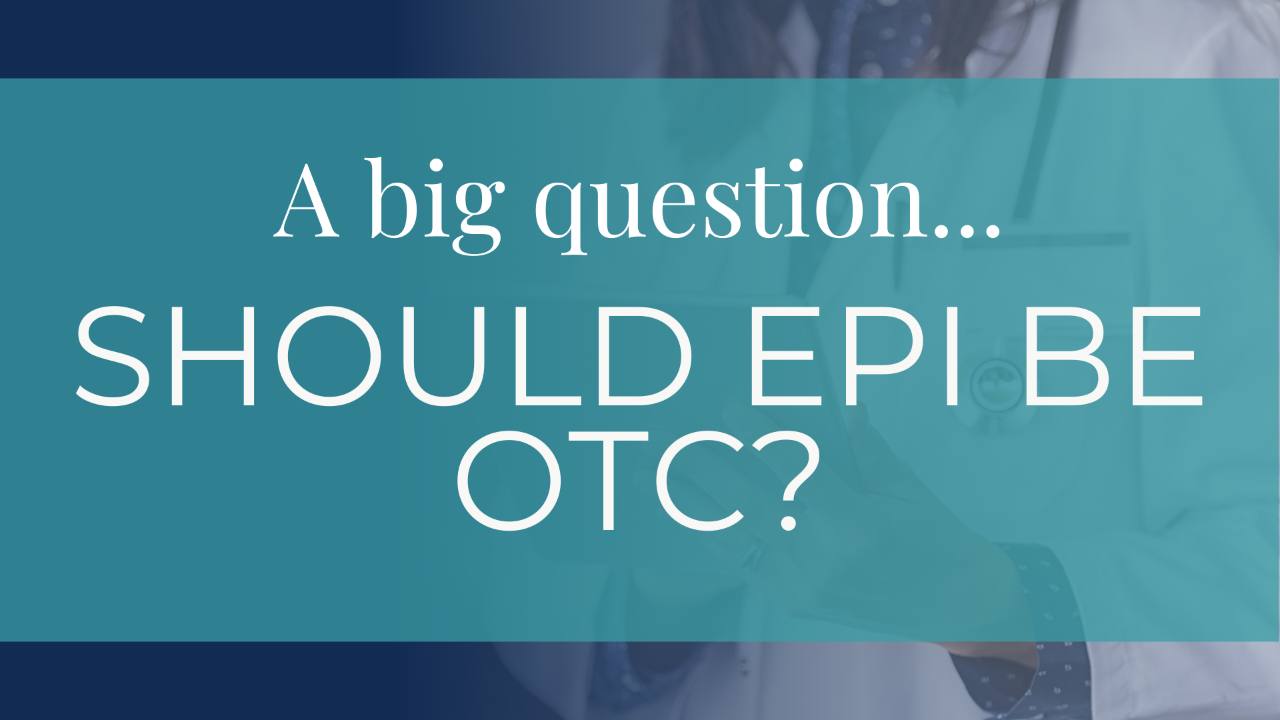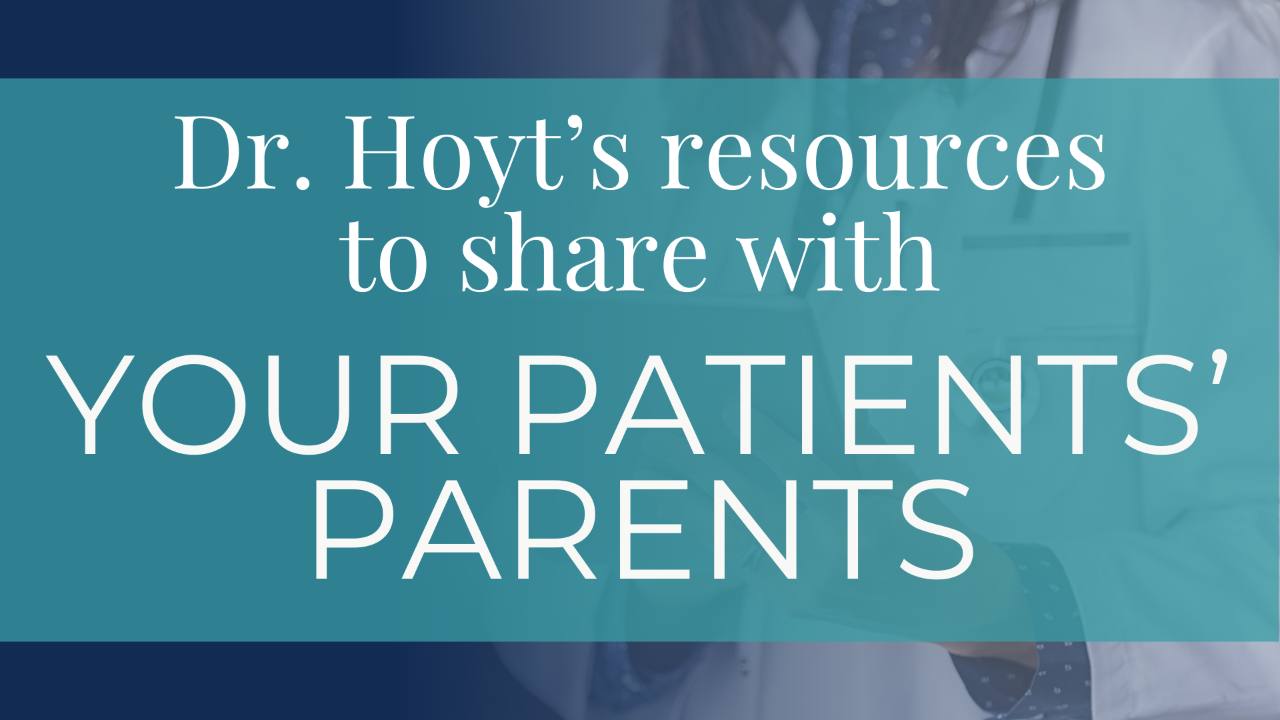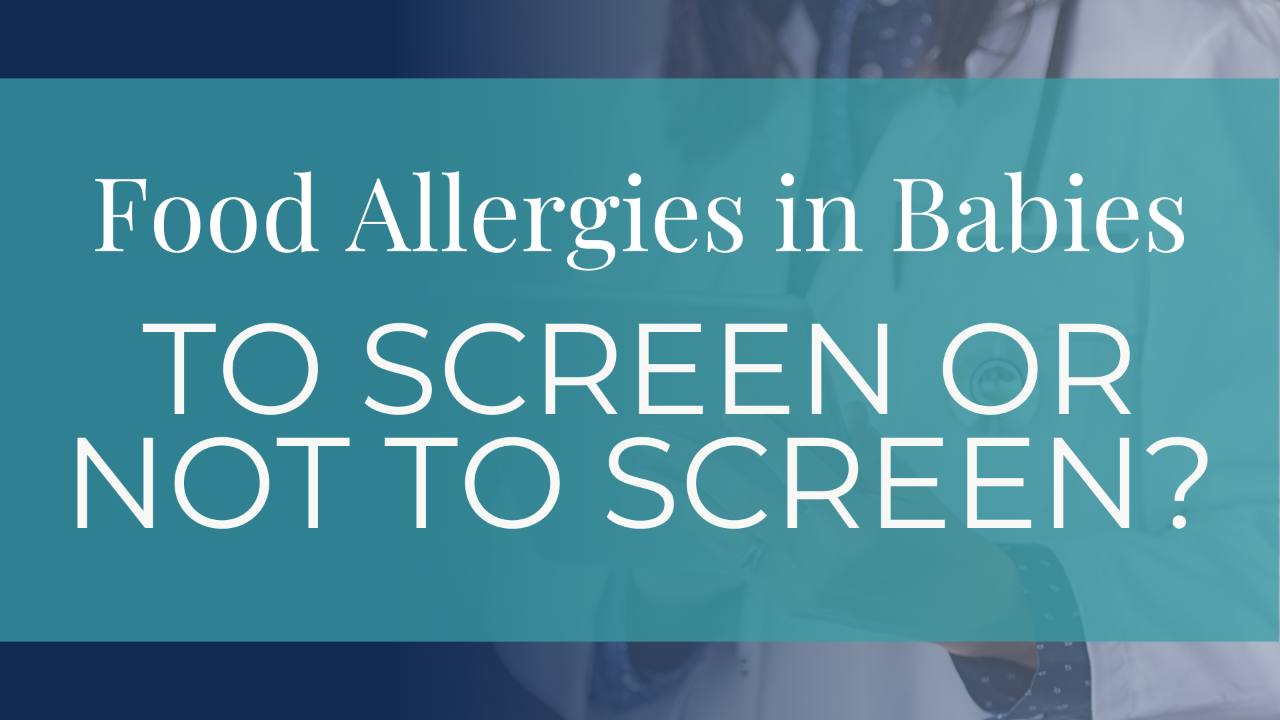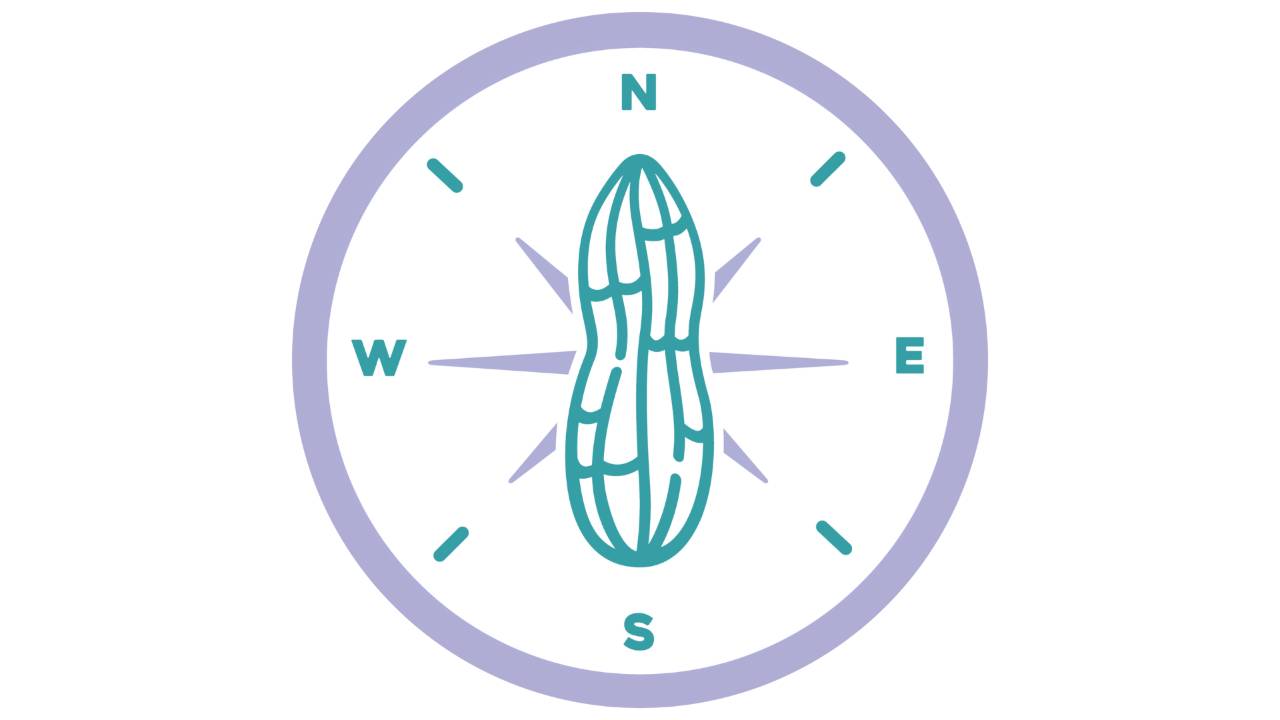How to measure food allergy-associated anxiety (so you can help make it better!)
Here is an easy-to-use survey tool that measures food allergy-associated anxiety.
Food Allergy Friday 01.17.2025
Expert Updates for Pediatric Healthcare Providers
🧭 Your weekly compass in the evolving landscape of pediatric food allergies
This Week's Featured Article
Title: "Development of the Child- and Parent-Rated Scales of Food Allergy Anxiety (SOFAA)"
Authors: Katherine Dahlsgaard et al
Journal and Year: Journal of Allergy and Clinical Immunology: In Practice 2022
⚡️ Key Points in 30 Seconds
-
Food allergy can be an anxiety-provoking condition for pediatric patients and their parents.
-
Quality of life can be significantly diminished by food allergy-associated anxiety.
-
The Scales of Food Allergy Anxiety (SOFAA) is a questionnaire both for pediatric patients (ages 8-18 years-old) and for their parents.
-
The SOFAA allows healthcare providers to identify triggers of anxiety, such as dining out.
-
Upon identifying triggers of anxiety, appropriate interventions can be recommended to the family that will keep their children safe while also addressing the anxiety-provoking issues.
👉 Why This Article Matters for Your Practice
Food allergy-associated anxiety is a very real issue for many food allergy families, and each family is unique in their own triggers and challenges. This article explains how and why the SOFAA was developed and underscores the importance of addressing the anxiety that comes along with food allergy.
The SOFAA questionnaires are available online at no cost and are a great way for you to very efficiently see where anxiety triggers may occur in your patients and their parents regarding the child's food allergies. In today's world, many pediatric clinicians are engaging with their patients' mental health and, when anxiety is recognized, helping to manage it and get them plugged in with mental healthcare providers. Use the SOFAA to help you determine who to refer to counseling, plus it will help you assess your patient's overall mental health.
Try it out with your food allergy patients. You may be surprised with how helpful you find it in identifying anxiety in patients and parents in whom you may not have suspected it.
📊 Study Overview
Population: Food allergy children and their parents. n = 77 dyads. Children ages 8-18 years-old.
Design: In developing the SOFAA, each parent and child completed online the parent SOFAA (SOFAA-P) and child SOFAA (SOFAA-C). Both the SOFAA-P and the SOFAA-C are 21 questions, scored 0-4.
Primary Outcome (regarding food allergy): Food allergy-associated anxiety was able to be detected in both children and parents using the SOFAA.
Figure E1. The SOFAA-C is the child-specific SOFAA.
Key Conclusions by the Authors: “The 21-item SOFAA-C and SOFAA-P are reliable and valid scales for measuring condition-specific anxiety in youth with food allergy.”
Hoyt Commentary
Anxiety, especially food allergy-associated anxiety, is one of the most under-diagnosed and under-managed aspects of food allergy management. In my practice, I've begun using the SOFAA-P and SOFAA-C to help me objectively identify who has anxiety and in what situations.
Let's face it - we never have enough time with patients and their families, so we need tools - like the SOFAA - to help us as pediatric clinicians elicit information from both our patients and their families.
And you might be thinking, "But I'm not an allergist. What am I going to do with this information?" A patient's mental health is well within the realm of at least screening and initial management by pediatricians and pediatric NPs and PAs. Although the SOFAA is focused on food allergy-associated anxiety and responses that identify areas of anxiety do not mean the patient has an anxiety disorder, the SOFAA can still help you recognize struggles and help manage and/or refer to a therapist for support.
Note: does your patient need a food allergy-informed therapist? Have them check out the Academy of Food Allergy Counseling (AFAC) https://www.foodallergycounseling.org where they can connect with a food allergy-informed therapist in their state.
Patient Communication Tips
🗣️ Key Messages for Families
-
Food allergy can cause anxiety.
-
To treat anxiety, we must first identify triggers of anxiety.
-
The SOFAA is an efficient,effective way to identify situations that trigger food allergy-associated anxiety so that we can begin to best manage anxiety.
Sample Script:
"Food allergies can definitely trigger anxiety. Let's use the SOFAA to help identify areas of your lives that may be more prone to food allergy-associated anxiety so that we can work together on best approaching these situations and decreasing that anxiety while optimizing safety."
🧐 Quick Quiz
After perusing the article, test your knowledge with this single question:
How many questions are in the SOFAA?
A. 7
B. 14
C. 21
D. 42
Answer and explanation provided in next week's newsletter. ✔
Last week’s answer: B. IM epinephrine resulted in the least change in systolic blood pressure at 10 minutes. Interestingly, neffy had a lesser increase (though "comparable," per authors) in systolic blood pressure than EpiPen, but neffy had a greater increase in diastolic blood pressure than EpiPen.

'Food Allergy Friday' is curated and written by Dr. Alice Hoyt. Dr. Hoyt is board-certified in allergy & immunology, internal medicine, and pediatrics. Her clinical expertise is in food allergies, and she serves patients with her team at the Hoyt Institute of Food Allergy.
Share this newsletter! Simply forward it to a colleague. 👍 And they can visit foodallergypedshub.hoytallergy.com.





